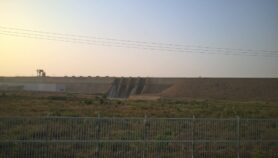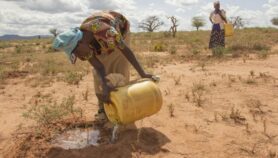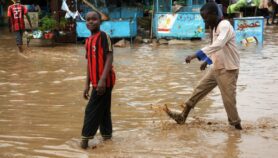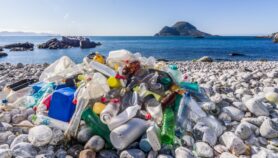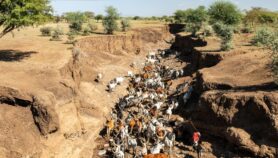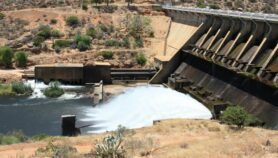By: Carol Campbell
Send to a friend
The details you provide on this page will not be used to send unsolicited email, and will not be sold to a 3rd party. See privacy policy.
International water development projects are suffering because not enough money is being spent on basic scientific research and monitoring, a group of water experts has said.
This accusation — made specifically about projects supported by the Global Environment Facility (GEF), an independent organisation that helps developing countries fund environmental protection projects — was made during World Water Week (13–17 August).
“A lot of water programmes funded by the GEF are not successful because they are not based on sound research and monitoring,” Johann Augustyn, chief director of the South African government’s Research: Antarctica and Islands project, told SciDev.Net.
“It’s a chicken and egg situation with the GEF,” said Larry Hutchings, a specialist with the South African Marine and Coastal Management Programme. “Money is available for management programmes but not for research or monitoring.”
Neville Sweijd, director of Namibia’s Benguela Environment Fisheries Interaction and Training Programme, said the GEF’s rigid boundary between research and development projects was counterproductive.
“On an issue like climate change, for instance, it is not enough to only promote development projects that are aimed at adaptation and mitigation. There has to be focus on research too,” he said.
Over the last five years, the GEF has contributed much of its funding to development projects such as the Benguela Current Large Marine Ecosystem Programme, a project to help Angola, Namibia and South Africa jointly manage valuable fish stocks and monitor invasive species and pollution.
Although these projects have been labelled a success, “some of the resources allocated to these projects should go to research,” said Augustyn.
The GEF’s funds come from donor countries, which in 2006 pledged US$3.13 billion to fund operations over the next four years.
“The GEF controls a huge amount of the global resources dedicated to environmental work, they need to look at the problems scientists in developing nations are facing,” said marine scientist Larry Hutchings.
In response to the scientists’ criticisms, GEF spokesman Christian Severin said that the organisation limited its role to “goal oriented research”.





